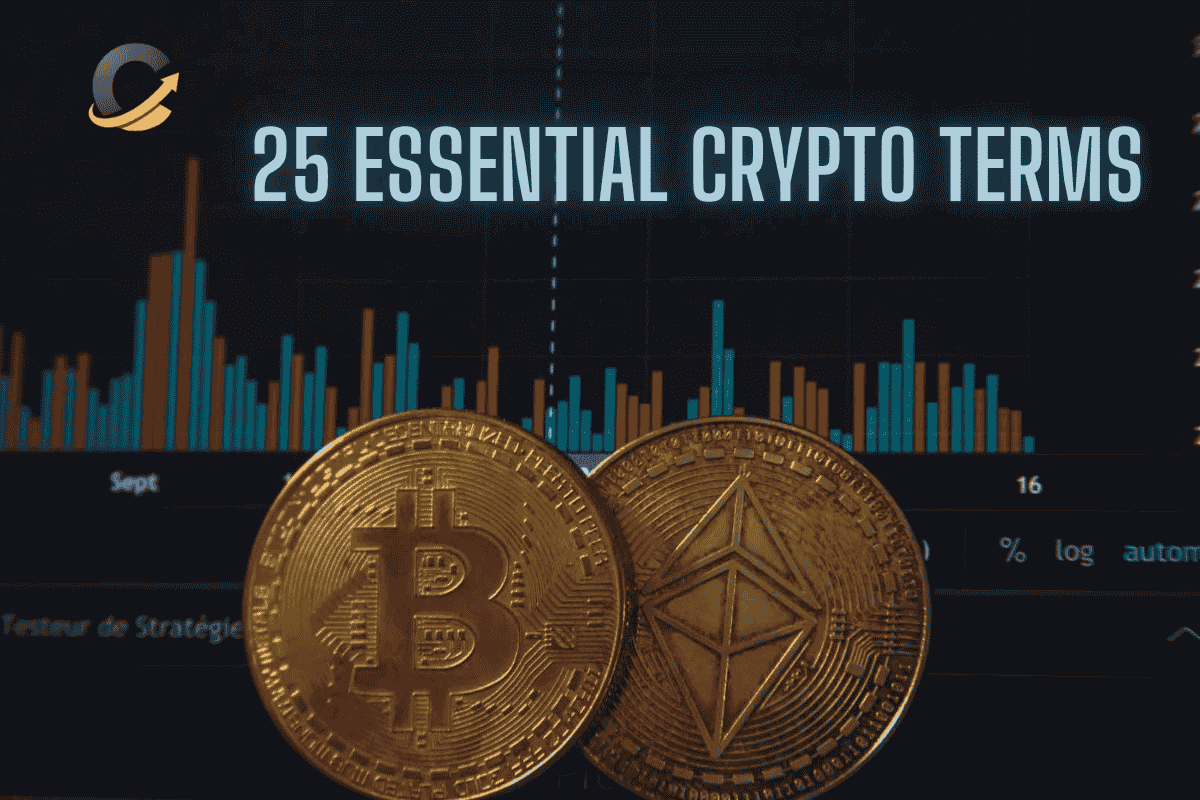Hey Miners! Why is everyone talking about cryptocurrencies, and what are they exactly? It’s not only tech experts who discuss cryptocurrency anymore—it’s now widely used worldwide by people, investors, and developers. To those new to it, the crypto world can seem full of confusing words and unfamiliar terms.
Let’s Dive In!
Table of Contents
Blockchain
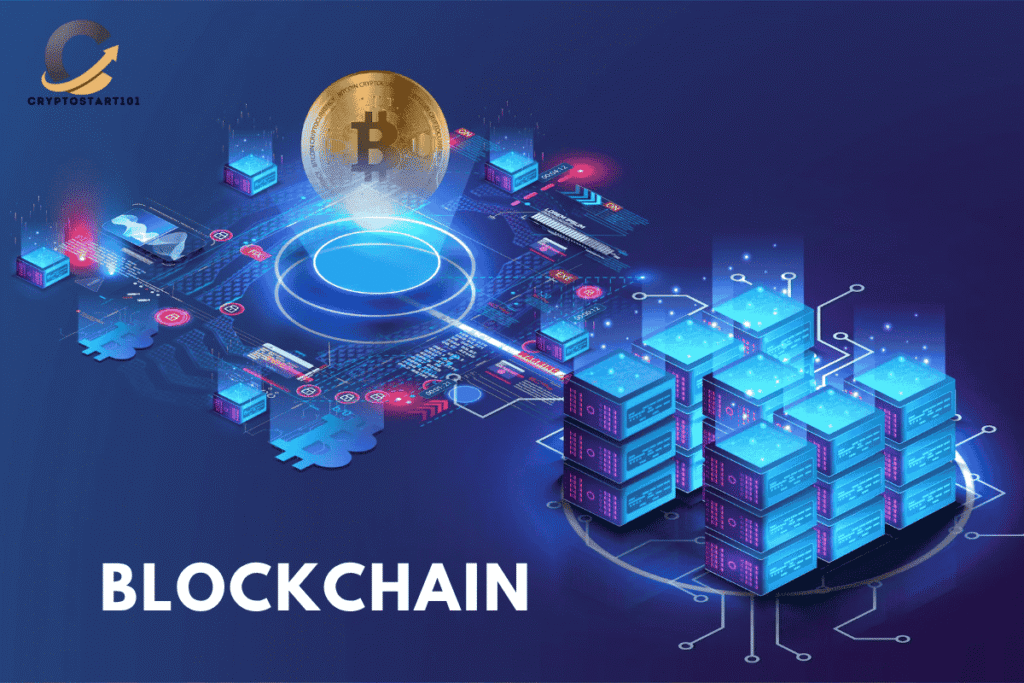
The blockchain is at the center of every cryptocurrency, securely recording all transactions across multiple computers.
Explanation
Imagine there’s a book where everyone can record notes, but anyone who looks back will read only what was first written. The ledger consists of blocks, which are groups of transactions sorted in order to make a chain. A special code known as a cryptographic hash is in every block and links it to the preceding block to maintain security and protect against any unneeded modification.
The reason why it’s important
Trust can be achieved on blockchain without involving a bank. Bitcoin and thousands of other cryptocurrencies use blockchain as the main technology.
Cryptocurrency
Cryptocurrency is an electronic currency that relies on cryptography for safety and works outside of any central authority.
Example
You can find Bitcoin (BTC), Ethereum (ETH), and Dogecoin (DOGE) among the most popular cryptocurrencies. These types of money are recorded digitally on a blockchain, rather than being represented by a standard coin.
The reason why it’s important
People can use cryptos to transfer assets directly with each other around the globe at a lower cost and faster than regular financial methods.
Bitcoin (BTC)
Bitcoin was the first digital currency and the most famous, made in 2009 by a person using the name Satoshi Nakamoto.
Key points
- Only 21 million coins have been planned for mining.
- Consensus occurs with Proof of Work.
- Often referred to as “digital gold” because it is limited in supply.
The reason why it’s important
Decentralized money was made possible by Bitcoin, and it remains the most important and widely used digital currency.
Altcoin
Any cryptocurrency apart from Bitcoin is known as an altcoin. It covers Ethereum, Binance Coin, Cardano, and thousands of other cryptocurrencies.
The reason why it’s important
Many altcoins aim to modify Bitcoin’s technical features or utilize them for various applications, such as smart contracts or privacy-related transactions.
Wallet
A crypto wallet helps you keep your private and public keys, so you can move, send, and take care of cryptocurrencies.
Types
Hot wallets
Accessible online, for example, through your mobile or on the internet
You can use cold wallets by keeping your bitcoins offline, in hardware, or an intangible form.
The reason why it’s important
It’s very important to make your keys secure because, without them, you cannot access your funds.
Private Key and a Public Key.
Public Key
It’s similar to your bank account number, which you can share with people to send you cryptocurrency.
Private Key
Having your private key is like knowing your password or PIN, and you need to keep it private to use your digital money.
The reason why it’s important
Your cryptocurrency falls under the control of whoever controls your private key, so you must ensure it is secure.
Exchange
A cryptocurrency exchange is a platform where you can buy, sell, or trade cryptocurrencies.
Examples
The four main ones are Binance, Coinbase, Kraken, and Gemini.
The reason why it’s important
Exchanges enable users to buy and sell cryptocurrencies easily and without difficulty.
Decentralization
No single central authority controls the entire network when it is decentralized. Rather, many participants take on power and control in the process.
The reason why it’s important
It supports security, avoids censorship, and helps ensure trustlessness, all major principles in crypto.
Smart Contract
A smart contract refers to rules for a contract that are encoded into code, which is then automatically executed on platforms such as Ethereum.
Example
Making an immediate payment as soon as a specific situation arises (such as providing a service).
The reason why it’s important
Thanks to smart contracts, dApps, and transactions that previously required middlemen can now be completed without them.
Token
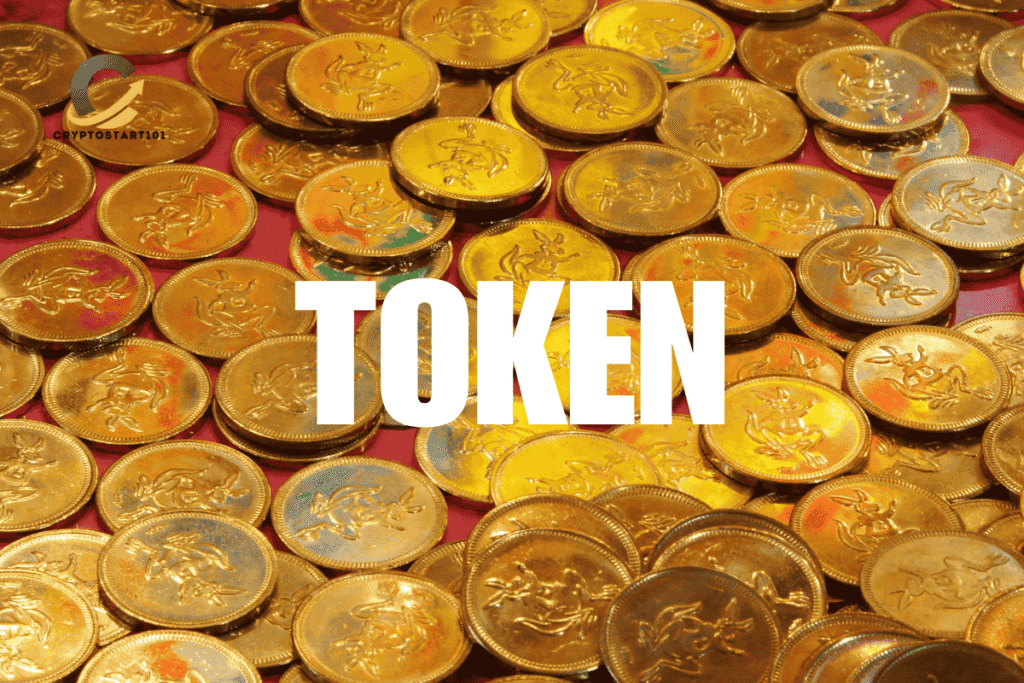
An asset or function made on an existing blockchain is known as a token. A token can be used as currency, proof of ownership, or evidence of rights.
Example
Among the ERC-20 tokens on Ethereum are stablecoins like USDC and coins that give users control over platforms like UNI.
The reason why it’s important
Besides serving as a currency, tokens allow blockchain to achieve more.
Initial Coin Offering (ICO)
Virtual tokens are offered in an initial coin offering (ICO) to raise funds for the initial development of a new project.
The reason why it’s important
While ICOs have facilitated the emergence of various projects, they also pose risks, particularly due to scams and stringent regulatory requirements.
DeFi Stands for Decentralized Finance
DeFi is financial activity (such as loans, trades, and borrowing) that happens through blockchain without the aid of intermediaries.
Examples
The top three we chose are Uniswap, Aave, and Compound.
The reason why it’s important
DeFi enables anyone with an internet connection to access financial services.
Non-Fungible Token is Known as NFT
NFTs are distinctive digital assets that are verified on the blockchain and can represent art, collectibles, or in-game items.
The reason why it’s important
NFTs offer real ownership of digital assets and present creators with new ways to earn income.
Mining
To mine means solving complicated mathematical riddles and then filing the transactions on the blockchain.
The reason why it’s important
Miners ensure the network remains secure and are rewarded in cryptocurrency.
PoW Protocol
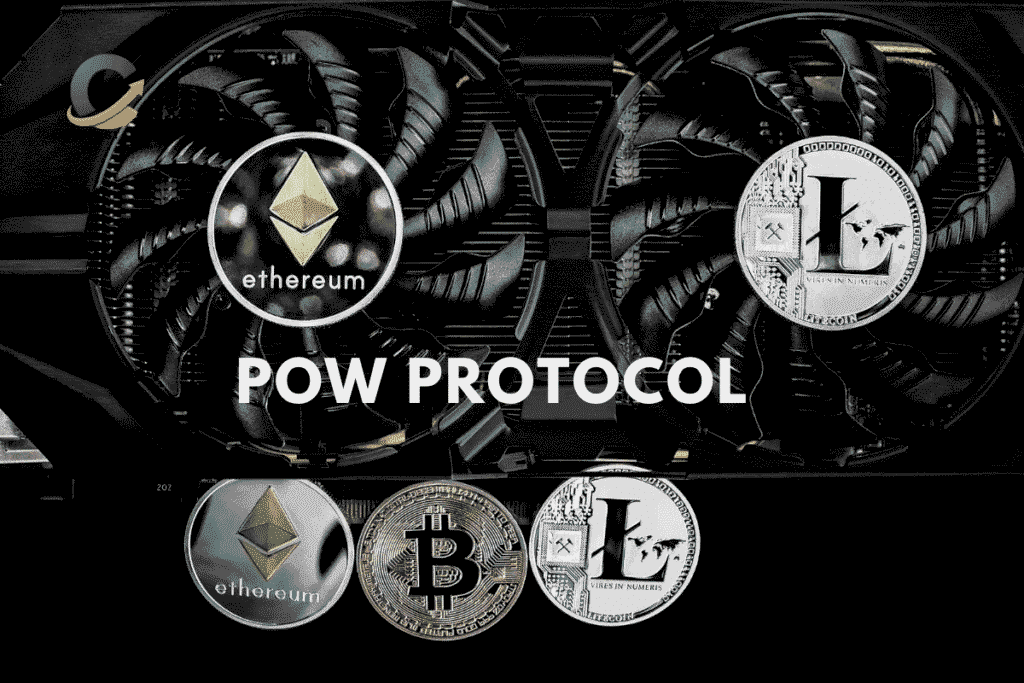
A system in which miners try to answer puzzles to confirm blocks.
The reason why it’s important
Security is provided, but it comes at the expense of the main energy consumption.
Proof of Stake (PoS)
A validator can approve a new block for the chain if they lock up their cryptocurrency in Proof-of-Stake (PoS), a process known as staking.
The reason why it’s important
In comparison to PoW, PoS consumes less energy and performs better as the system scales.
Gas Fees
Users pay the money to miners or validators who handle transactions on Ethereum.
The reason why it’s important.
The network demand determines the amount you’ll pay and the speed at which your transaction is completed.
Fork
When changes or disagreements occur in a blockchain, it forks into two competing paths.
Types
A soft fork introduces changes that are backward-compatible with all existing clients.
Hard fork
A change that splits the blockchain into a separate version.
Halving
The amount you can earn through mining is currently lowered by half every four years to prevent inflation.
HODL
A word short for “hold,” coming from a misspelled message on a forum. It helps you maintain steady investments even during fluctuations.
FOMO, which stands for “fear of Missing Out,” and FUD, which refers to “Fear, Uncertainty, and Doubt,” continue to gain attention in the cryptocurrency space.
FOMO
Fear of Missing Out—acting fast on a purchase because lots of people talk about it.
FUD stands for fear, uncertainty, and doubt, and can cause the price of cryptos to decrease.
Market Cap
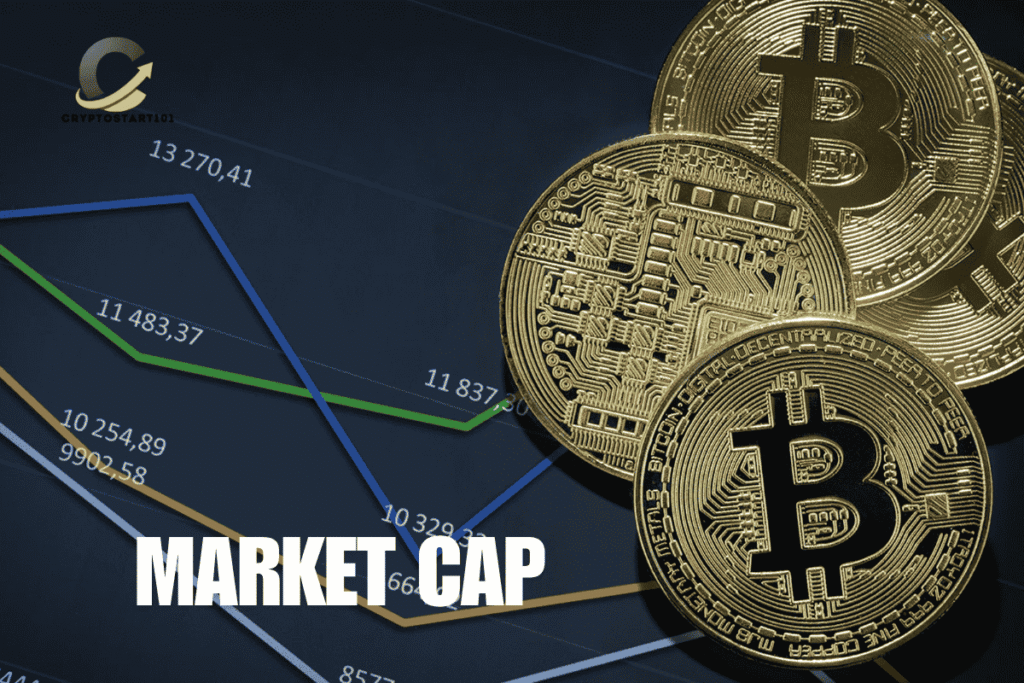
The total value of cryptocurrency is estimated by multiplying the cost by the number of units in existence.
The Highest Point Seen in the Crypto Market
The largest price increase for a single cryptocurrency ever.
White paper
A thorough document presenting a project’s technology, goal, and future development paths.
Layer 2
Solutions applying advancements to Layer 1 to enhance speed and cut fees.
Conclusion
It may seem difficult to understand crypto, but knowing these 25 terms helps beginners start making sense of it. As the industry changes rapidly, it’s essential to stay informed and curious, enabling you to adopt and utilize new technologies in finance and digital assets.
Which of these terms do you already know?
Commonly Asked Questions in Q&A Form
- Should I learn about each of these terms first, before investing?
You don’t have to, but it does help you watch out for fraud and notice the risks you face.
- How can cryptocurrencies be stored safely?
Since they are disconnected, cold wallets (also known as hardware wallets) are the least vulnerable to hacking.
- Is it possible to access DeFi services without buying cryptocurrency?
For the most part, you cannot join a DeFi protocol without some crypto.
- Should you invest money in NFTs?
NFTs should be approached with caution; it’s essential to conduct thorough research first.
- Where can I find the latest news and updates in the cryptocurrency industry?
Your best bet is to follow known resources like CoinDesk, CoinTelegraph, and official website updates from any project you use.

